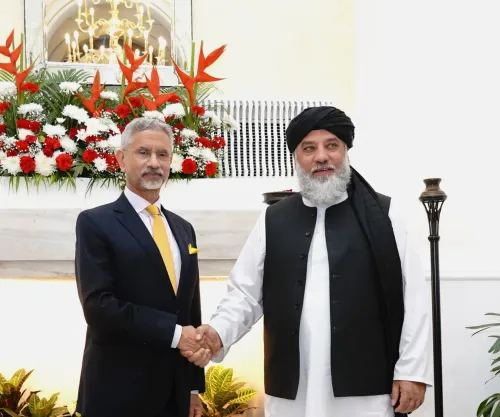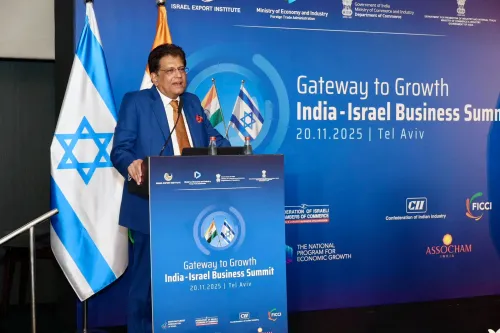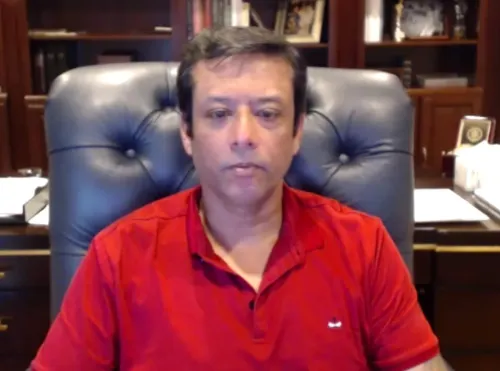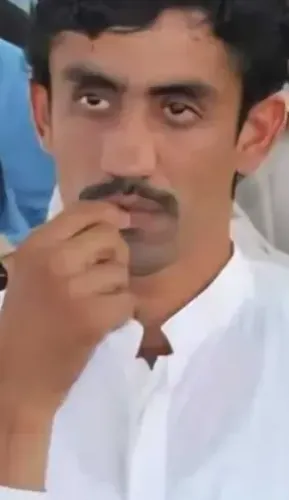Does Russia Seek a Resolution to the Ukraine Conflict?
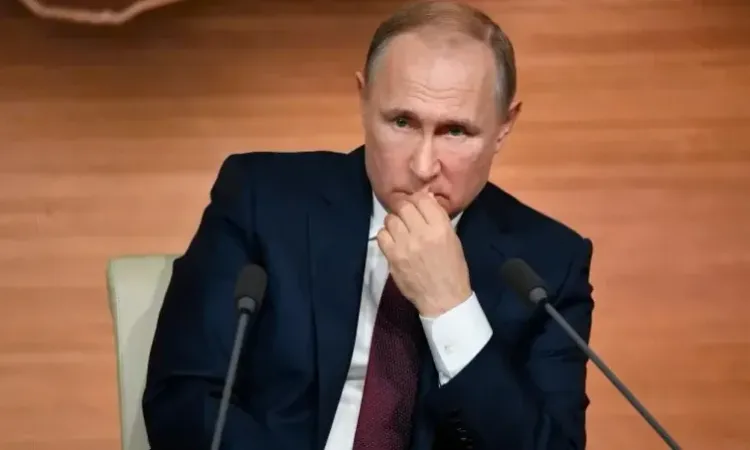
Synopsis
Key Takeaways
- Putin advocates for a peaceful resolution to the Ukraine conflict.
- Withdrawal from Donetsk is a key demand for Russia.
- The talks with Trump focused on the root causes of the conflict.
- Russia has controlled significant parts of the Donetsk region for over a decade.
- Ukraine's territorial integrity remains a priority for its leadership.
Moscow, Aug 17 (NationPress) Russian President Vladimir Putin expressed that Russia desires an immediate end to the hostilities in Ukraine through peaceful negotiations.
During a meeting discussing outcomes from his discussions with US President Donald Trump, Putin acknowledged the US administration’s stance on the urgency for a cessation of hostilities, emphasizing Russia’s inclination to resolve all matters peacefully, as stated in a release by the Kremlin on Saturday.
He remarked that his recent visit to Alaska was well-timed and beneficial, noting that the discussions encompassed nearly all facets of Russia-US cooperation and a potential fair resolution to the Ukrainian crisis, according to the Xinhua news agency.
Putin characterized the conversation with Trump as “very candid,” suggesting it brings them closer to essential decisions.
He proposed that a withdrawal from the eastern Donetsk region by Ukraine is a prerequisite for concluding Moscow's conflict with Kyiv during the recent Alaska Summit with Trump.
Nevertheless, the Russian President conveyed to Trump that he would consider freezing frontline advances if his primary demands are met, as reported by media sources.
Trump subsequently contacted Ukrainian President Volodymyr Zelenskyy and European leaders to relay Putin's conditions.
He also urged Ukraine and Europe to abandon attempts to secure a ceasefire from Moscow.
Russia has maintained partial control over the Donetsk region for over a decade. Should Putin's demands be satisfied, he would gain full control of the territory where his forces have achieved substantial progress in the conflict since November of the previous year.
Putin clarified to Trump that addressing the 'root causes' of the conflict remains a top priority. He is adamant about stopping NATO's eastward expansion, which would prevent Ukraine from joining the military alliance.
However, he seems willing to compromise on other matters, including territorial disputes, if he feels the “root causes” are thoroughly addressed.
Putin and Trump concluded their discussions in Anchorage, Alaska, on Friday without reaching any agreements.
The discussions, enduring around three hours, primarily focused on the Ukraine crisis and the reconfiguration of largely stalled bilateral relations in recent years.
Putin indicated to Trump that in exchange for Donetsk and Luhansk, he would halt further territorial advancements and freeze the frontline in southern Kherson and Zaporizhzhia, regions presently occupied by Russian forces.
Currently, Russian forces dominate approximately 70 percent of the Donetsk region, while Ukraine retains control over the westernmost cities, vital for Kyiv's military operations and defenses along the eastern front.
President Zelensky has firmly stated that he will not concede any territory to Russia and will resist any second partition of the nation.
He is scheduled to meet Trump on Monday in Washington, where this topic is likely to be a focal point.

